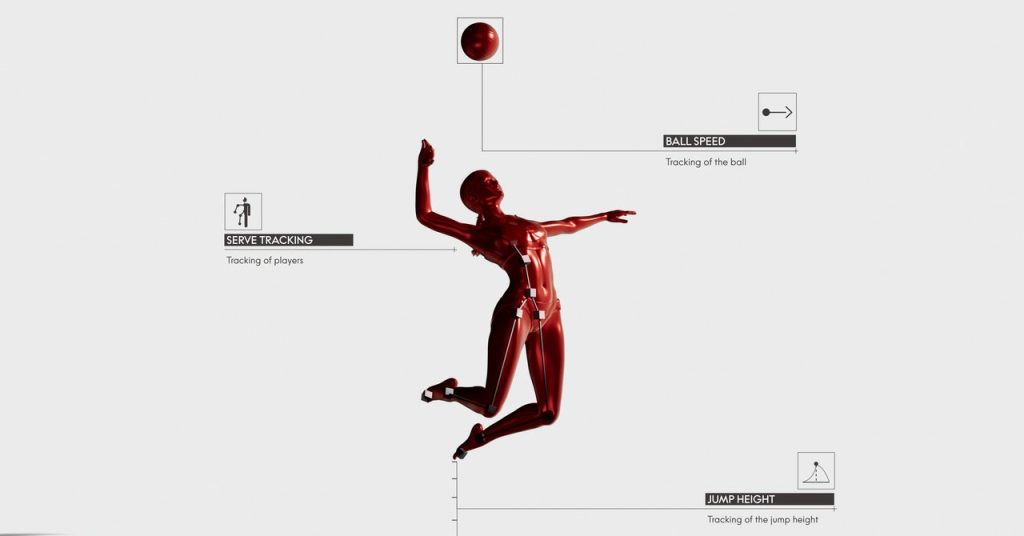### The Evolution of Sports Timing: From Controversy to Cutting-Edge Technology
#### The 1960 Rome Olympics Controversy
On August 27, 1960, during the Rome Olympics, a highly debated gold medal was awarded in the men’s 100-meter freestyle swimming event. Both Australian swimmer John Devitt and American Lance Larson finished with the same time of 55.2 seconds. However, only Devitt received the gold medal.
#### Timing Methods and Controversial Decisions
At that time, swimming events were timed using three stopwatches per lane, and an average time was taken. In case of a tie, a head judge, Hans Runströmer from Sweden, would make the final decision. Despite Larson being technically faster by one-tenth of a second, Runströmer declared the times identical and awarded the gold to Devitt.
#### Technological Advancements in Timing
This controversy led to significant advancements in sports timing technology. By 1968, Omega introduced touch boards for swimming lanes, allowing athletes to stop the timing themselves and eliminating human error.
#### Omega’s Swiss Timing Innovations
Alain Zobrist, head of [Omega’s Swiss Timing](https://www.swisstiming.com/), shares numerous stories of technological advancements in sports timing. For instance, in 2024, electronic starting pistols will be connected to speakers behind each athlete to ensure fair starts in staggered-lane races.
#### Photo Finishes and Scan-o-Vision
In the 1940s, photo finishes required nearly two hours to develop the footage. Today, Omega’s [Scan-o-Vision](https://www.swisstiming.com/fileadmin/Resources/Data/Datasheets/DOCM_MS_Myria_Camera_1017_EN.pdf) captures up to 40,000 digital images per second, allowing judges to make decisions within minutes.
#### Beyond Timing: Telling the Story of the Race
Swiss Timing has evolved beyond merely timing races. “We tell the story of the race, not just the result,” says Zobrist. Since 1932, Omega has been the official timekeeper for the Olympics, except in 1964 and 1992 when Seiko took over.
#### Motion Sensors and AI Integration
In 2018, Swiss Timing introduced motion sensors on athletes’ clothing, providing comprehensive performance data such as step counts, top speeds, and stroke counts in swimming. This data, transmitted within less than a tenth of a second, is used for training and performance analysis.
#### AI and Historic Data Utilization
For the Paris 2024 Olympics, Swiss Timing will use AI to analyze real-time data and create race narratives. AI can now predict athlete performance by comparing historic data, identifying favorites, and analyzing mid-race performance.
#### Advanced Body-Imaging Cameras
Swiss Timing’s body-imaging cameras have evolved significantly. Initially primitive, these cameras now use AI to create realistic 3D images of athletes, providing detailed metrics such as speed of entry in diving and reaction times in tennis.
#### Sport-Specific AI Models
Different sports require varying numbers of cameras and computational power. For example, swimming events use four cameras, while beach volleyball uses up to 16. Swiss Timing develops specific algorithms and AI models for each sport to ensure accurate data analysis.
#### AI Reliability and Future Innovations
Despite AI’s advancements, it is not infallible. “Our software is developed to detect any unexpected deviations in the measurement process,” claims Zobrist. Preparations are already underway for future Olympic Games, including Milano Cortina 2026 and Los Angeles 2028, though details remain confidential.
#### The Human Element in Sports Timing
While technology continues to advance, Zobrist believes the human element will never be entirely obsolete. “There will be a shift, and we do want to remove the human reaction factor,” he says. “But you’ll always need humans to set up. Even if it’s just to control what the machines are doing.”

5 Comments
Are we really letting machines dictate human excellence now!
Interesting, but does this strip away the essence of human perseverance?
Omega’s AI might just redefine what it means to compete at the highest level!
Isn’t it a bit unsettling to have AI break down what should be a purely human achievement?
Are machines going to teach humans how to win now?